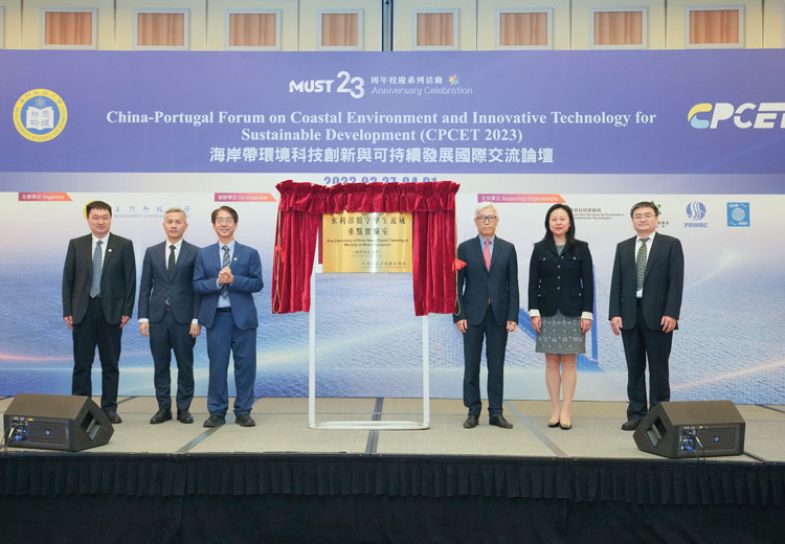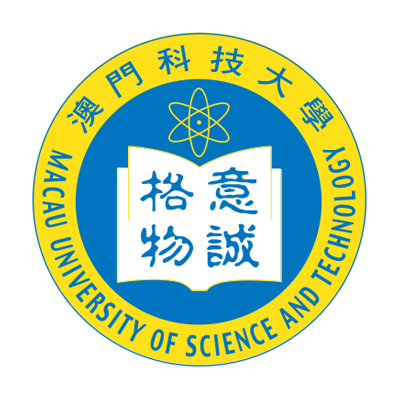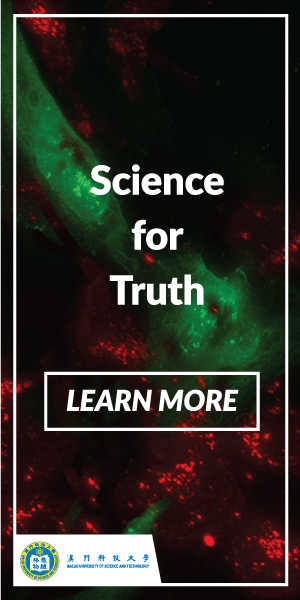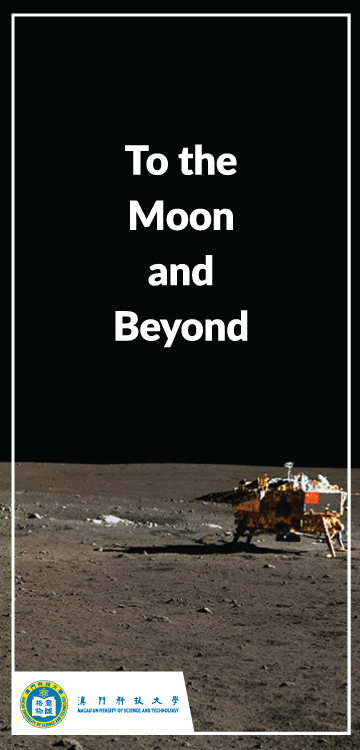
Nurturing cultural exchanges and adopting international benchmarks are key to the Macau University of Science and Technology’s rapid success
As higher education becomes increasingly globalised and competition for talent stronger, it can be challenging for young universities to gain ground in the wake of their long-established international neighbours. Founded at the turn of the millennium, the Macau University of Science and Technology (MUST) is a young institution, but its reputation and population have grown rapidly. The university ranked in the top 250 in the Times Higher Education 2023 World University Rankings and has earned many accolades for innovation in recent years.
Today, MUST is known for its multidisciplinary approach to research and education – something the university prides itself on and seeks to grow further. Speaking to THE after hearing the news of its position in the 2023 World University Rankings, vice-chancellor and president Joseph Hun-wei Lee attributed the university’s success in part to its “agile management” and “strategic use of resources”. “The most important thing has been upholding our two key values: quality and innovation,” Lee says. “We have stuck with these values all these years, building good collaboration links both in the Greater Bay Area and internationally.”
The university’s 210,000-square-metre campus sits in the Taipa region on the island of Coloane off the mainland. Its direct transport links with Hong Kong and tropical surroundings make the university an appealing option for prospective students, particularly those from mainland China. MUST currently accepts around one in eight students who apply, making courses competitive.
Looking at undergraduate admissions, acceptance is even tighter, at a rate of one in every 27 applicants. “Demand is growing for courses; it is still difficult for students in Asia to go to the US or Europe for their studies, but Macau is a lot more liberal and international than mainland China, which appeals to scholars,” Lee says.
Now MUST is expanding its appeal to students from further overseas. In May 2022, it became the first university in Macau to receive full institutional accreditation by the UK Quality Assurance Agency for Higher Education, ensuring that degree qualifications are high quality and recognised as such. According to Lee, this accreditation has been an important step in building MUST’s international reputation. “Our mission is to become one of the most notable private universities in Asia,” he says. “Right now, we are already well regarded in Greater China, and we use top universities in Japan and Korea as benchmarks to improve this standard further.”
Central to the university’s strategic planning is that all projects and programmes adhere to MUST’s founding motto – “Dedication to practical studies, enhancement of knowledge, ability and quality” – and mission: to “promote cultural exchange, nurture intellectual growth, foster economic development and further societal progress”. Within this, Lee adds, “our strategic brand follows three principles: academic excellence, diversity and internationalisation”.
Macau has a unique political history, which has sparked an appetite for innovation in the region. In December 1999, Macau’s sovereignty was transferred from Portugal to China, and it became the Macau Special Administrative Region of the People’s Republic of China. MUST was founded soon after this handover, meaning the institution has grown alongside the rise of Macau’s own economy and the birth of independent trade in the region.
In founding MUST, leaders wanted “a different kind of university”, Lee explains. The purpose was not only to produce academic excellence but also to promote cultural exchange – something the university still holds as a top priority. “I see this aspect as just as important to the growth and development of Macau as diversity and internationalisation,” Lee says.
As research and higher education become increasingly competitive around the world, and therefore require a more globalised approach, boosting the diversity and international links of MUST’s research will be a key focus for the university if as it seeks to grow its reputation. “We will seek to utilise the unique position of Macau,” Lee says. “There is real opportunity to use education and research to respond to the needs of society across the Greater Bay Area. My view is that if we can aim to become well-known internationally, we are doing our country a good service.”
Support from university leadership and the Macau government to expand the university’s laboratories and other research facilities has helped to boost publications and citations for MUST’s researchers. “We are seeing the fruits of our research investments from six or seven years ago,” Lee says. The new Faculty of Innovation Engineering has been built with a focus on interdisciplinarity. Research and teaching will seek to incorporate artificial intelligence with business, medicine, art and design programmes. “So much interesting innovation in the economy is driven by interdisciplinary thinking,” Lee says. “It will be increasingly important to nurture those cross-disciplinary skills in order to address our society’s major challenges.” With this in mind, an interdisciplinary artificial intelligence course has been developed for all students to take alongside their primary studies, with the aim of broadening their skill sets to meet the future labour market’s needs.
Looking to the next five years, Lee hopes to expand the university’s international collaborations with interdisciplinarity at the centre. A new collaborative partnership with universities and industrial partners in Portugal is opening research links between the two countries and will generate new solutions for shared environmental challenges such as the coastal environment and biodiversity.
“We are training the next generation of talent in Macau and the Greater Bay Area. We need a generation of global citizens,” Lee says. “We need to educate them in interdisciplinary skills and technology for the greater good. For this, we will need deep collaboration for the benefit of the students and for Macau.”
“MUST is a special place,” Lee concludes. “We have a unique cultural heritage and mission. With support from our scientific and cultural exchanges, we are in a strong position to bring new opportunities to the local area as well as solve some global societal challenges.”
Find out more about MUST.















